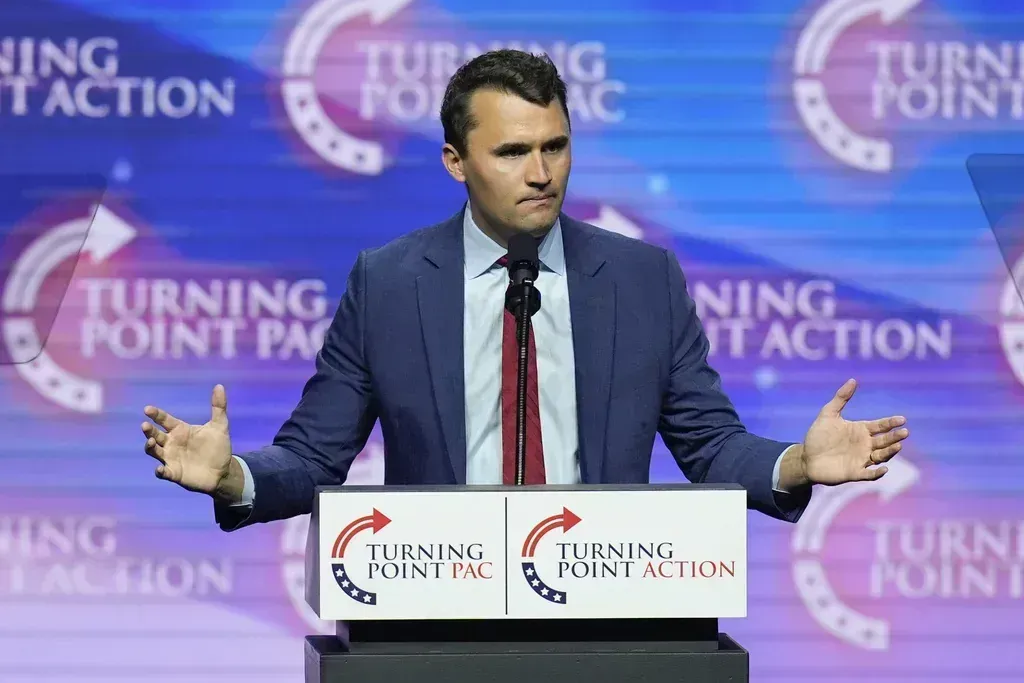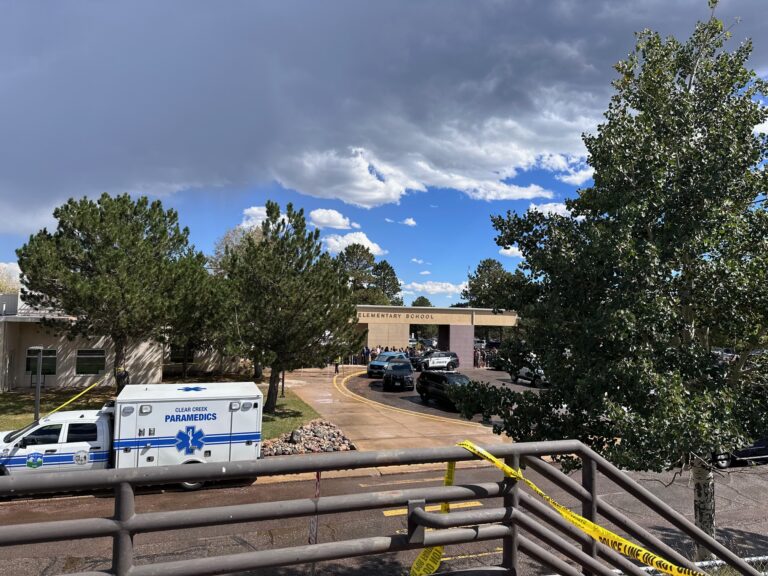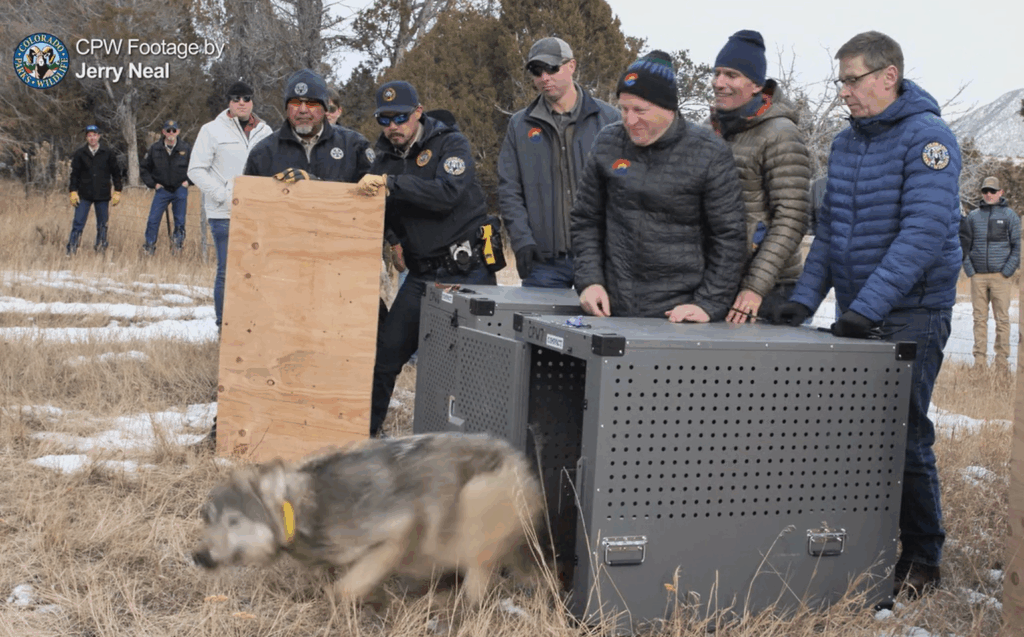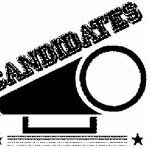Video: Neville, Leonard rush into void with think-tanky transportation proposal
Conservative state lawmakers, anticipating the death next week of a grand-bargain $3.5 billion transportation-funding bonding plan, are championing an alternative. Their proposal might be a long shot, but if ever were to experience a moment, this might be it.
State Republican lawmakers Sen. Tim Neville from Littleton and Rep. Tim Leonard from Evergreen are touting their Senate Joint Memorial 6, which respectfully requests the federal government to allow the state government to collect and spend gas taxes collected in Colorado. That gas tax money goes into the federal highway trust fund and, in 2015, it amounted to $661 million, according to the proposal.
“When Colorado requests to receive this revenue back from the United States Department of Transportation, it is subject to regulations, conditions, and increased costs due to federal restrictions,” the men argue.
“We urge the Congress of the United States to enact legislation devolving transportation decision-making authority and funding to the states, and that thereupon, the state will establish a Colorado State Highway Trust Fund to receive all federal motor fuel tax revenue collected by Colorado fuel distributors, which revenue shall no longer be credited to the federal highway trust fund.”
The men made a video posted to Facebook in which they make the case.
“There’s no reason we should send all of our tax dollars and then have them send part of it back with tons of strings attached,” says Neville, standing on the Senate chamber balcony.
“Absolutely,” says Leonard, standing next to Neville. “We can design our own roads and build them faster, better, cheaper than the federal government does. The time for the federal highway system is over.”
“Tell your state legislator, congressman or congresswoman and senator to support devolution of the federal gas tax to the states,” reads a closing message on the screen.
It’s an idea that has been promoted in various forms for years by conservative think tanks.
The Democratic majority in the House will likely be a tough sell. Conservative think tank-style plans tend not to go far in the lower chamber.












